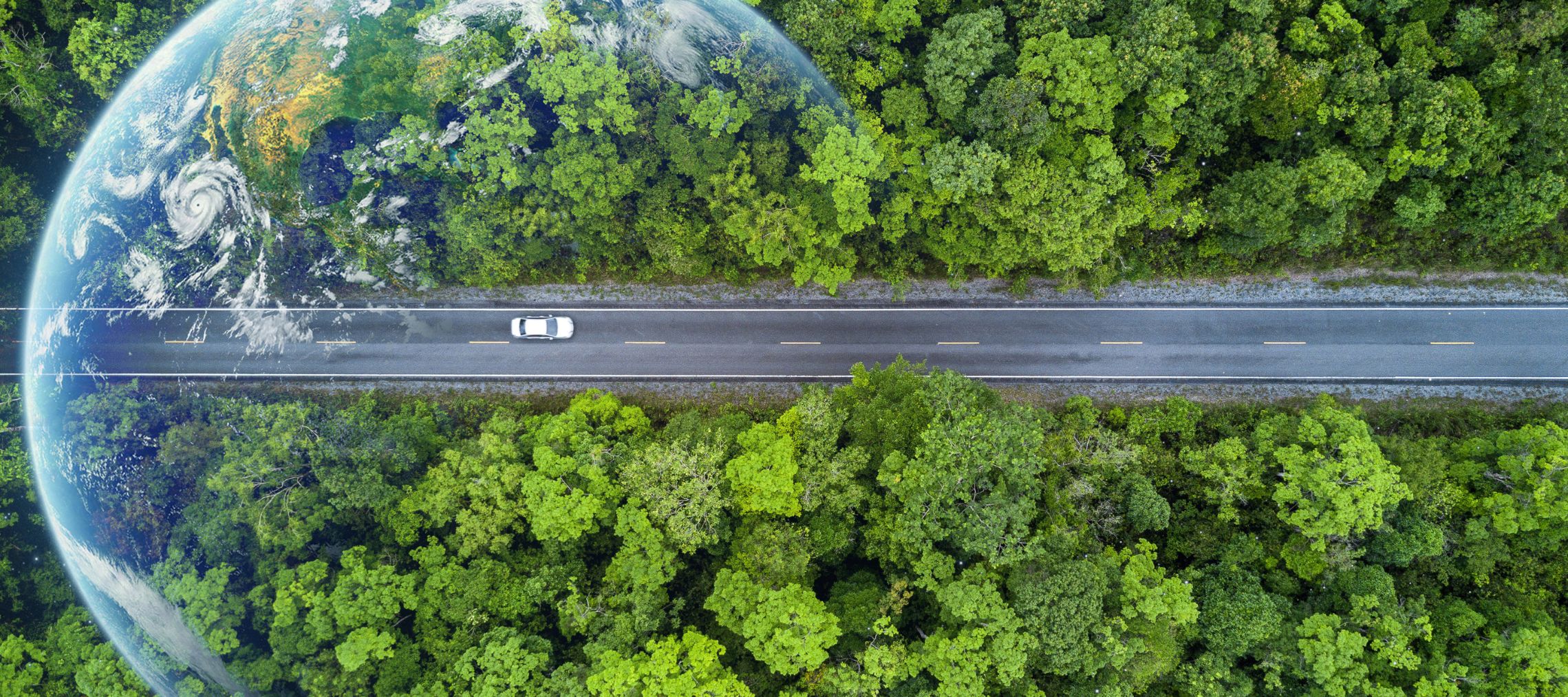Earth, home to over 8 billion species, saw record CO2 emissions in 2023. The temperatures rose by 1.4 °C, close to the 1.5 °C cap of the Paris Agreement, making it the warmest year. Recently, as we celebrated the World Environment Day on 5th June — the biggest day on environment observed to increase awareness about and action against this aggravating climate change situation — it is timely to reinterpret our fundamental rights and duties through a climate lens.
With respect to environment and climate change, this year has been a constitutional landmark for India. The Supreme Court of India in its judgement for a writ petition seeking protection for the Great Indian Bustard carved out a new fundamental right for citizens to be free from adverse effects of climate change. The three-judge bench led by the Chief Justice of India linked the new right with Article 14 and 21 (right to equality and life, respectively), recognising the unequal vulnerability of certain communities to climate change hazards. This marked a significant leap forward in our constitutional law and environmental jurisprudence because previous judgements mostly relied on Article 21 for the right to a clean environment.
While governments and institutions are leading in enforcing our fundamental rights regarding climate change, their success also depends on incorporating citizen actions into fundamental duties.

Cover image by rawpixel.com on Freepik
